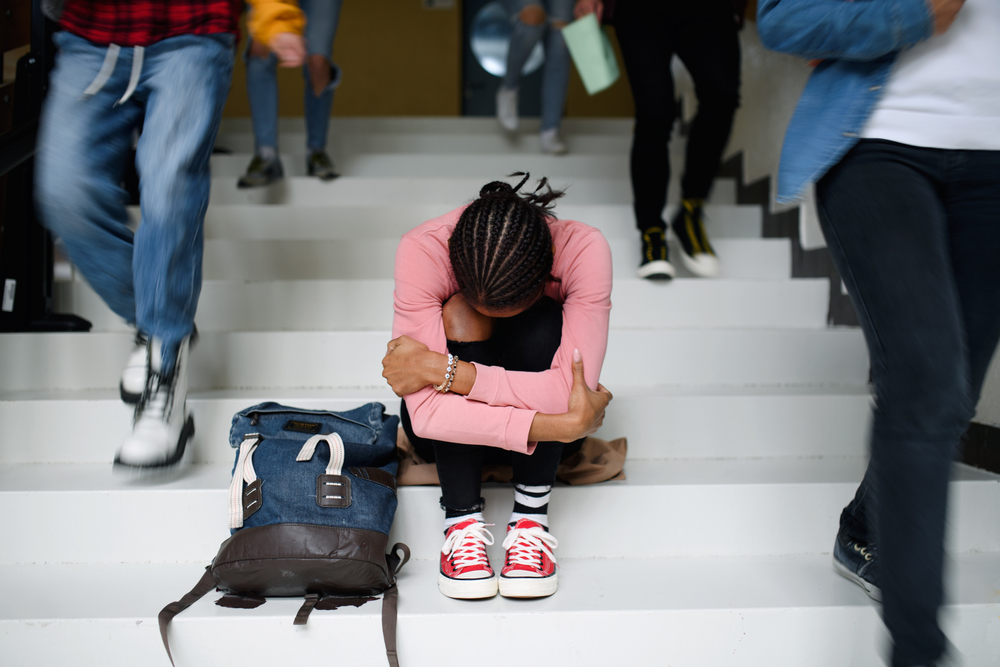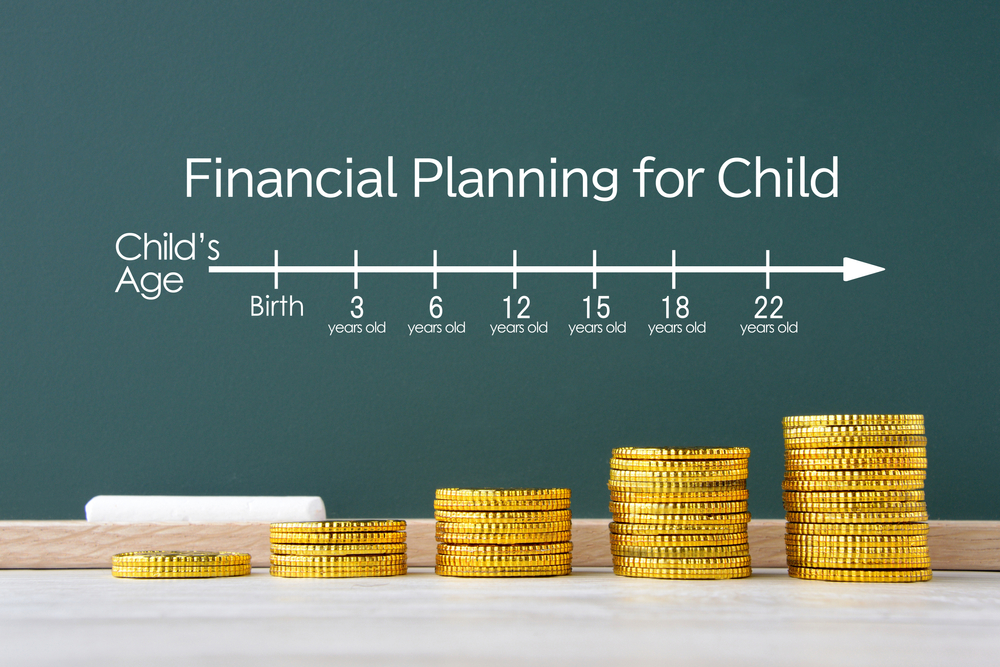In recent months, countless parents have shared viral experiences on social media describing how a simple school field trip revealed deeper emotional struggles in kids. These moments—missed buses, forgotten lunches, or exclusion from group photos—often seem small but can spark long-lasting insecurities. What’s emerging from these stories is a reminder that emotional trauma doesn’t just come from major life events. Sometimes, it’s built quietly through experiences that leave children feeling unseen or unworthy. Understanding what these stories reveal about vulnerability helps parents and educators respond with empathy and awareness.
1. When the School Field Trip Highlights Inequality
Many viral stories about a school field trip revolve around financial or social disparities that children notice for the first time. When one student can’t afford souvenirs or lunch, the gap between them and their peers becomes painfully visible. This experience can plant early feelings of shame, particularly if classmates point it out or teachers overlook it. Experts note that economic awareness begins in elementary school, and small exclusions can make a child internalize a sense of “less than.” Schools can minimize harm by offering equal-access activities and encouraging inclusive messaging before the trip even begins.
2. When Students Are Left Behind
Few experiences sting like being forgotten—or feeling invisible—on a big day. Some school field trip threads describe children being left behind due to miscommunication, permission slip mix-ups, or last-minute logistics. While often unintentional, these moments can deeply impact a child’s sense of belonging. Kids who are left out may struggle later with trust or self-worth, interpreting the event as proof they don’t matter. Teachers and parents can protect against these risks by double-checking lists, assigning accountability partners, and making sure every student feels seen from start to finish.
3. When Group Dynamics Turn Exclusionary
Another recurring theme in school field trip discussions is how social hierarchies become amplified outside the classroom. Closer supervision in class often prevents cliques from forming, but on buses or in public spaces, children naturally cluster into friend groups. Those who don’t get invited to sit together or share experiences can feel singled out, sometimes reliving previous rejections. Emotional trauma risks rise when adults overlook these subtle forms of exclusion. Intentional seating rotations, group mixing, and gentle guidance can prevent these small moments from shaping lifelong self-doubt.
4. When Authority Figures Minimize Feelings
Parents often share stories of children returning from a school field trip in tears, only to hear dismissive responses like, “That’s just how kids are.” When teachers or chaperones fail to validate a child’s distress, it teaches them to suppress emotions rather than express them. Over time, this can contribute to anxiety or difficulty forming trusting relationships. A simple acknowledgment—“I can see that upset you”—can transform the outcome of a painful moment. Emotional validation is a protective factor, showing kids that even uncomfortable experiences can be processed safely and respectfully.
5. When a School Field Trip Becomes a Mirror for Home Struggles
Some children carry stressors from home that become more visible during off-campus events. A school field trip often removes the structure and predictability that help them cope day-to-day. Kids dealing with divorce, grief, or instability might react with withdrawal, irritability, or tears that adults misinterpret as misbehavior. The sudden change in environment can trigger old emotional wounds, especially if other students seem carefree. Educators who take time to learn students’ backgrounds can help create an environment of understanding instead of discipline, allowing children to feel supported instead of judged.
Turning Awareness Into Empathy
The emotional ripple effects of a school field trip can last far beyond the bus ride home. Every shared story online reveals the same truth: kids remember how they were treated more than where they went. Small gestures of care—making sure every child feels included, validated, and seen—can protect against deep-seated feelings of insecurity. Parents and teachers have a unique opportunity to turn these common mishaps into lessons in empathy and connection. When adults respond with awareness, field trips can remain the joyful, confidence-building experiences they’re meant to be.
Have you ever seen a school field trip experience affect a child’s emotions in unexpected ways? Share your thoughts or stories in the comments below!
What to Read Next…
- 7 School Policies That Secretly Undermine Parental Authority
- 9 Elementary School Activities That Disappear as Budgets Shrink
- 7 Reasons Your Kids Are Faking Illness to Avoid School (And What to Do About It)
- Are Parent-Teacher Text Chains Making School Drama Worse?
- 7 Preschool Programs That Might Be Hurting Kids Socially









